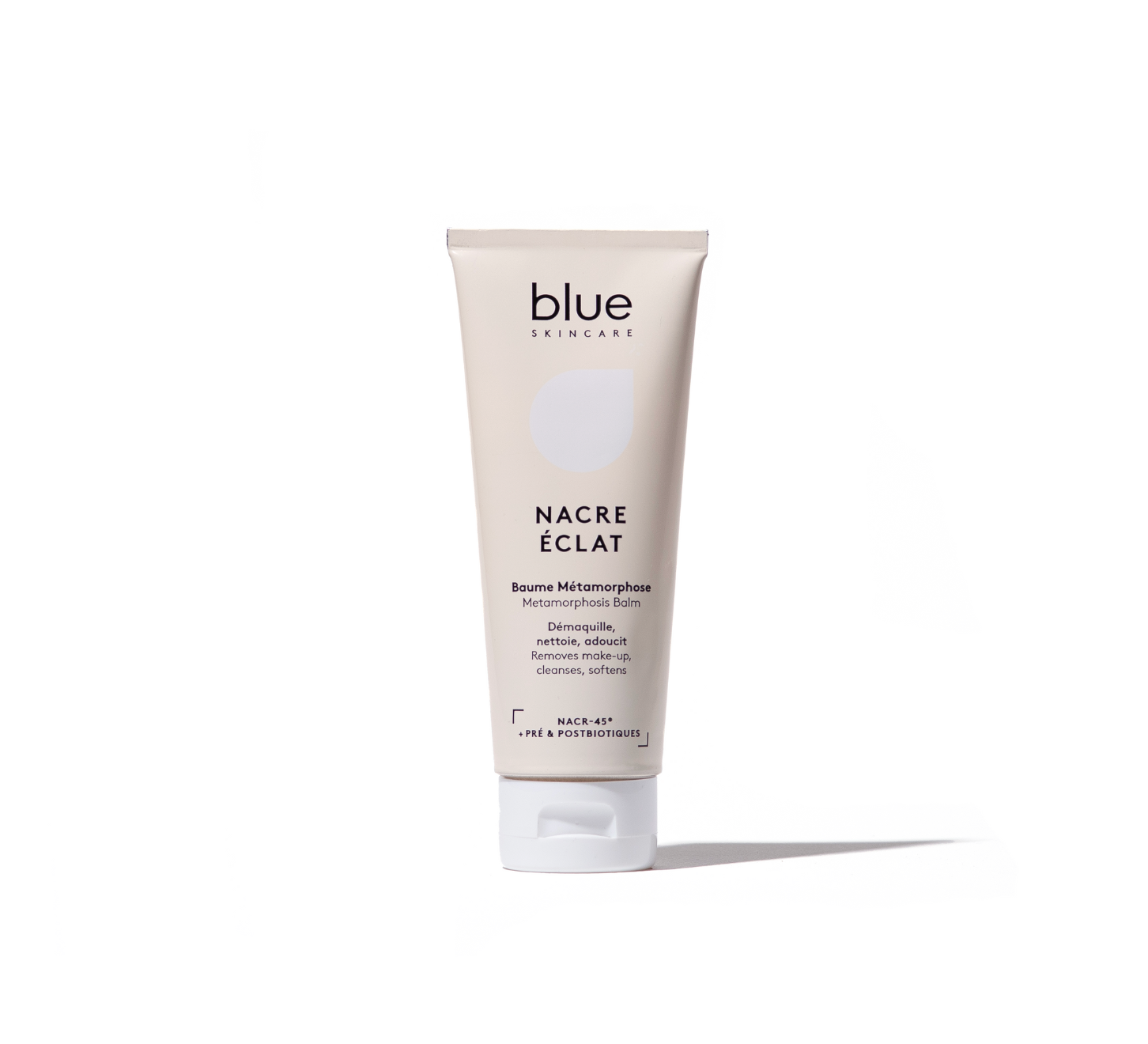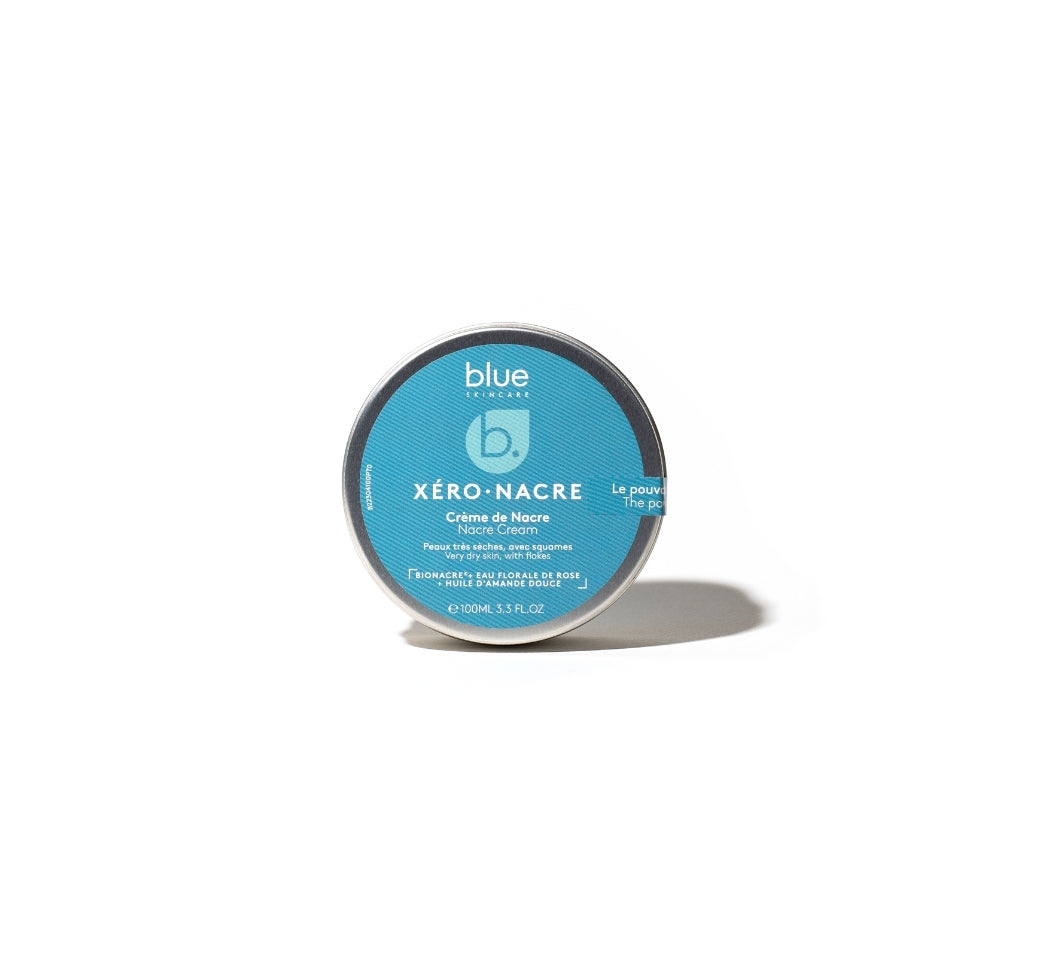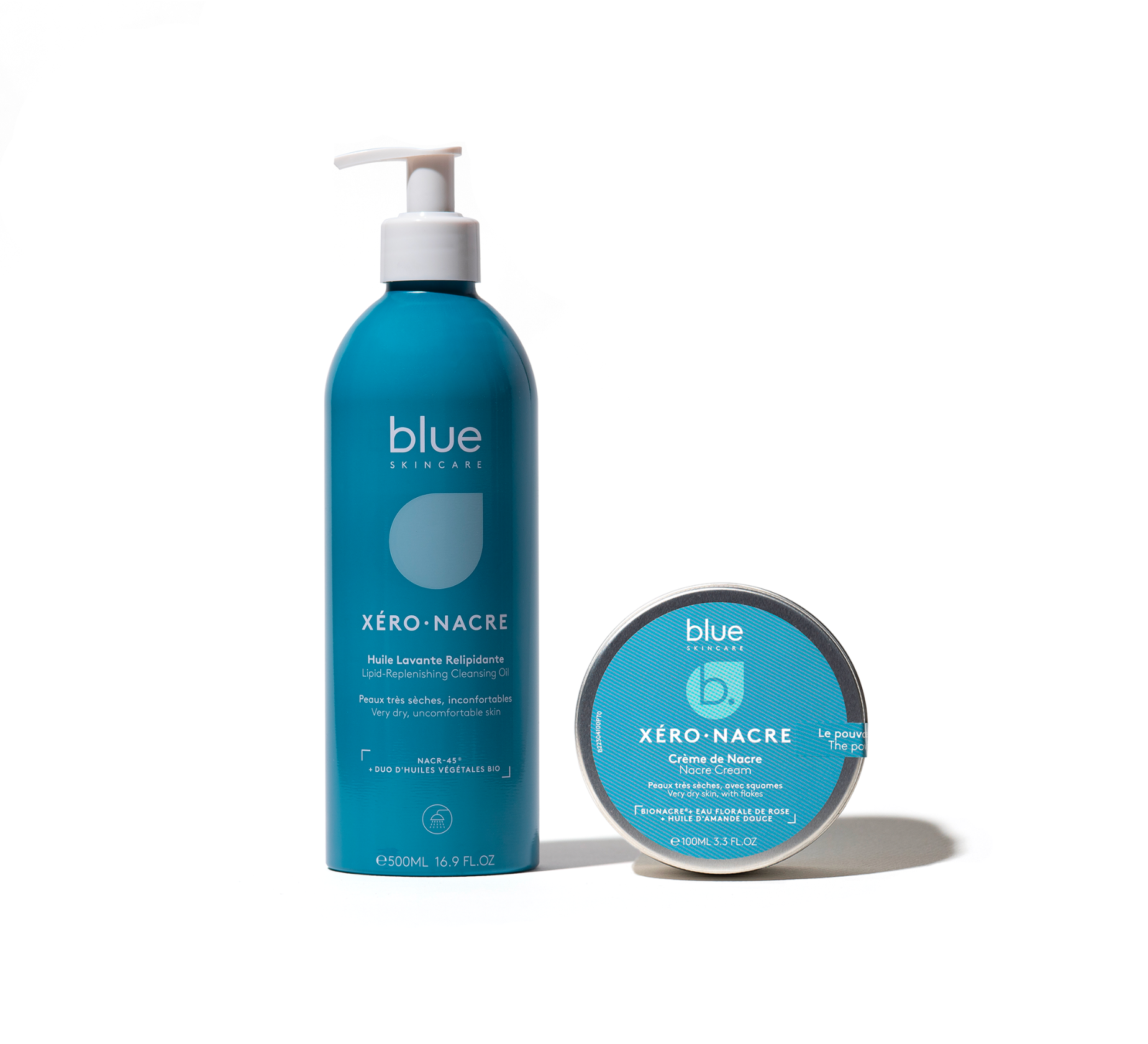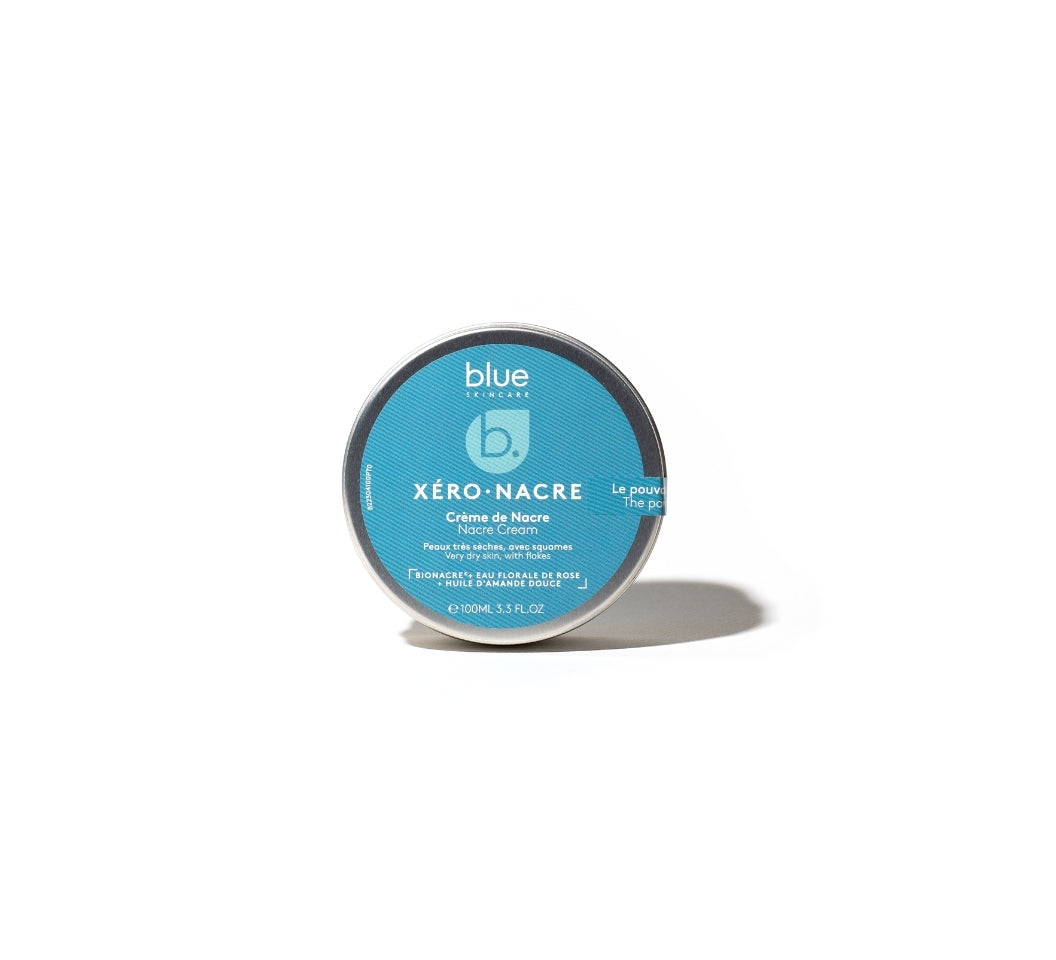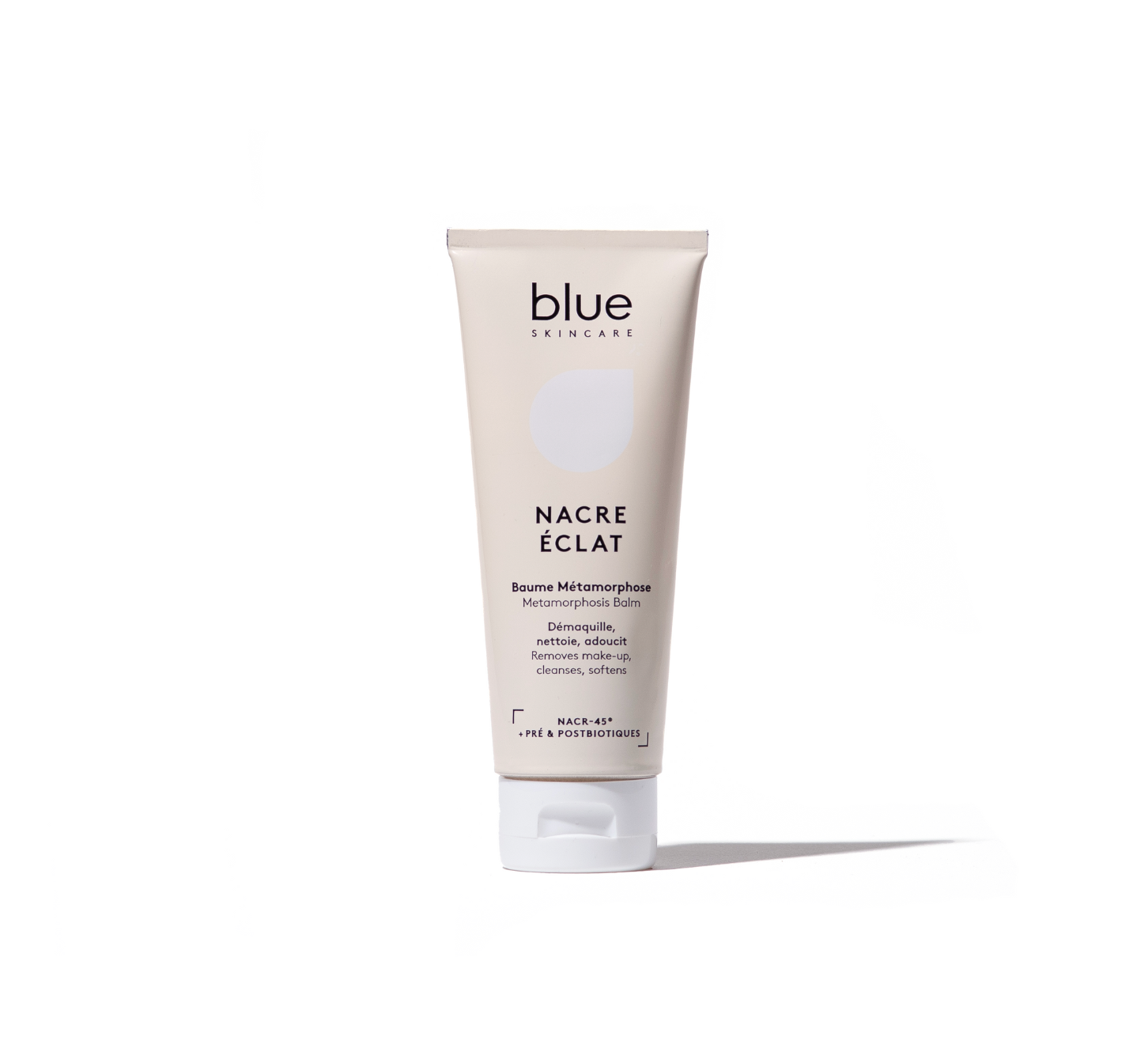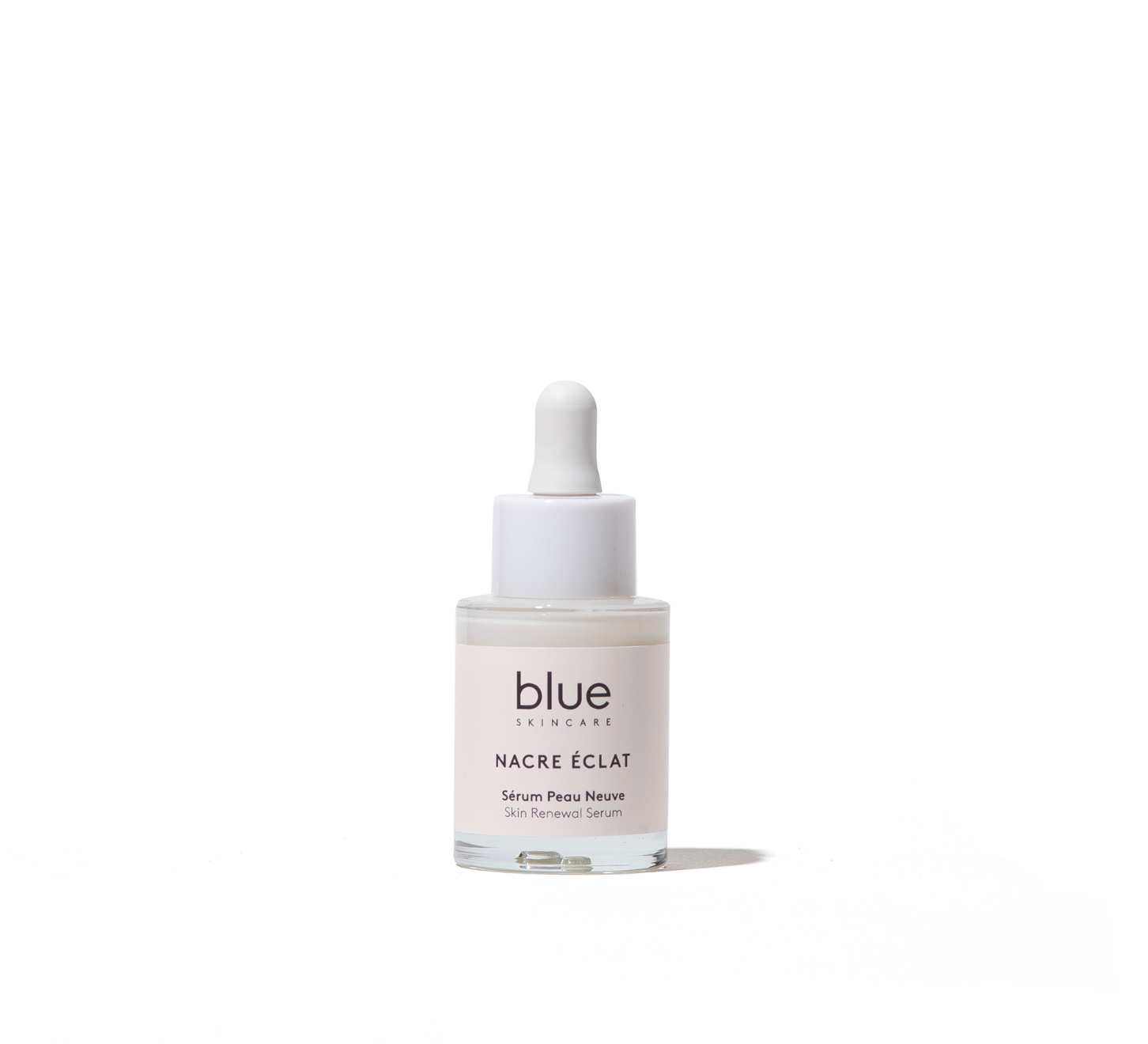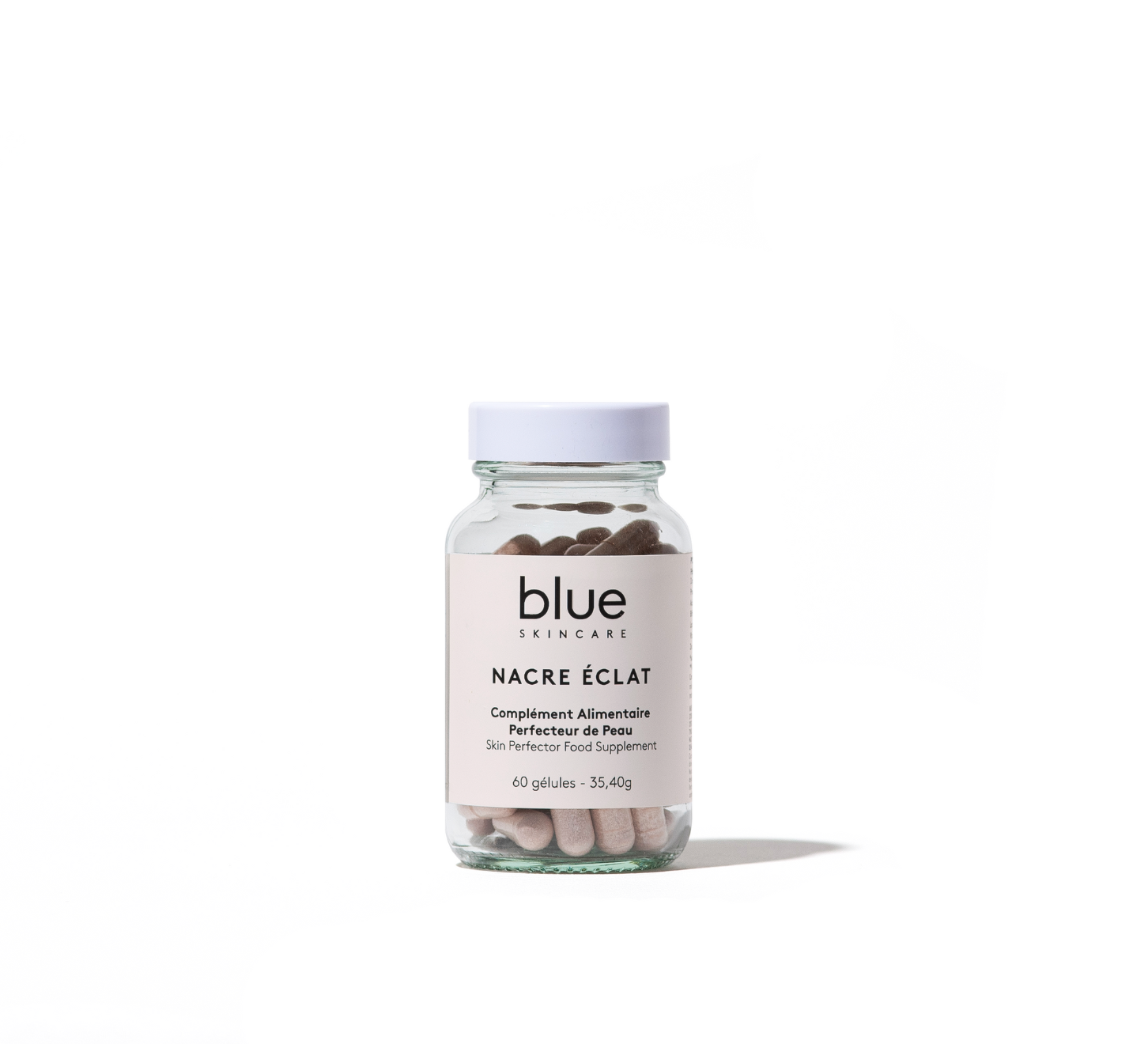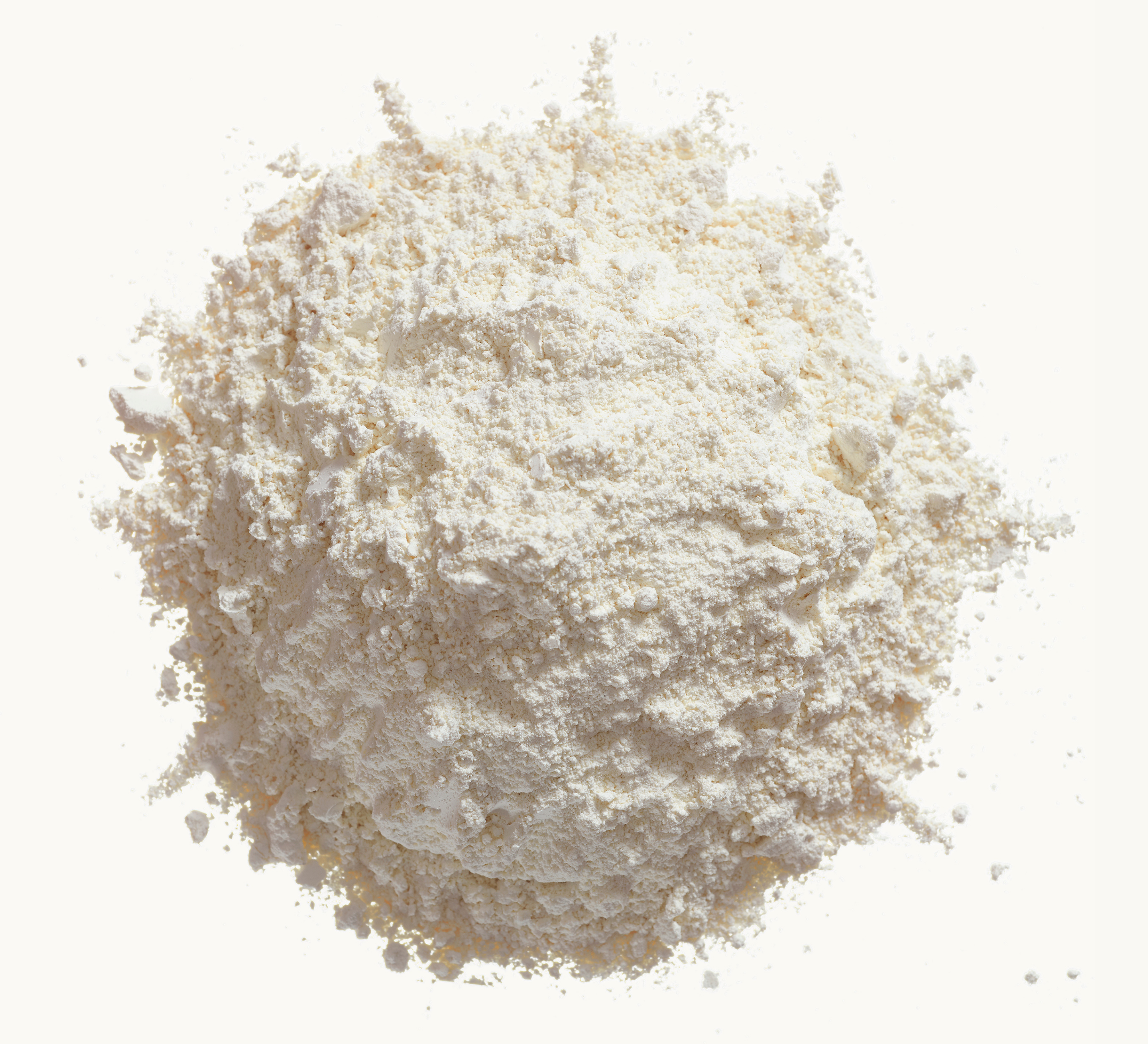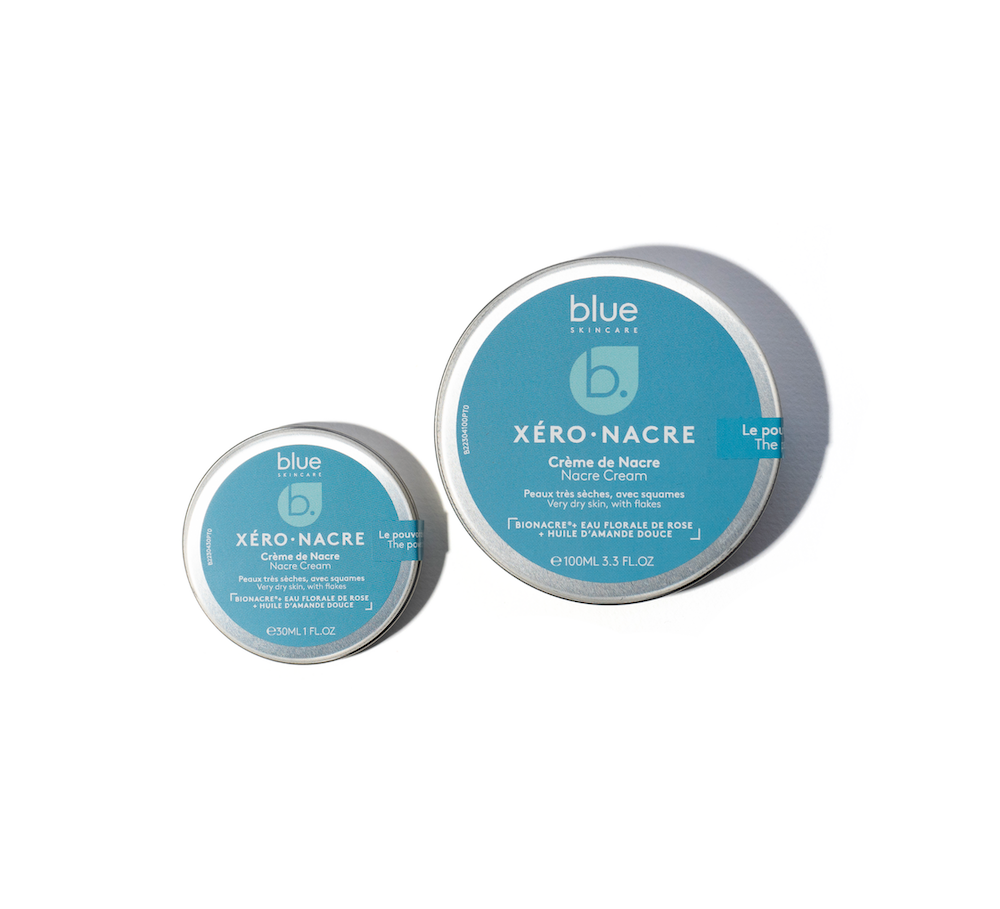Among the "small ecological gestures", there is the one that is to "change banks". Indeed, our investments, our savings often participate, without us knowing it, in the financing of initiatives that contribute to global warming. But new banking establishments allow us to make another choice: "clean" investments. Explanations.
What is the ecological problem with traditional banks?
Most citizens are unaware of this, but the money we deposit in the bank, our savings, does not just sit there sleeping in our accounts. In reality, this money is used by banks to make it grow, in particular by granting loans or holding shares. Banks thus finance projects with our money without us necessarily knowing what. And some companies that banks finance are not always virtuous. Especially when it comes to fossil fuel players, which emit a lot of CO2 and contribute to global warming. Thus, by financing these companies, the bank offers its support. The most ecological of citizens can therefore live soberly , adopt all the most responsible actions on a daily basis, while unknowingly financing fossil fuels. Some algorithms can even evaluate your CO2 emissions based on your bank, on CombienEmetMonAgent.info for example.
What is a neo bank?
Initially, the term neo bank refers to a bank without physical branches, without a counter, accessible only remotely via a website, a mobile application or advisors by telephone. These "modern" banks allow you to have a current account, a payment card, and sometimes savings and credit. More responsive, more accessible, more available, information and current operations are simplified, and many bank fees no longer exist.
Green banks, young banks, have chosen this mode of operation which is less expensive to start up, more flexible and which better meets the needs of their customers, who are often committed and young, used to using apps and dematerialized documents.
This is why the term "green neo-bank" characterizes these green banks. Normally the word "bank" is reserved for credit institutions. Neo-banks that have a banking license are therefore banks without branches.
Those that do not have a banking license should be called a "financial intermediary" because customer funds are held by a bank of which they are a customer.
Ecological bank: what are the differences with a traditional bank?
A "green" bank is committed to putting depositors' money to work in ecological, sustainable and environmentally friendly projects. Unlike traditional banks, green banks adopt policies of total transparency. They choose who they lend money to, but also the assets in which the money is invested. Finally, green banks cannot be green without applying a 360° charter on ethics and sustainable development.
What are green investments and labels?


Most green neo-banks do not offer investments, but it is possible to do so via specialized platforms that only work with responsible companies. These investments can benefit from labels ensuring their carbon neutrality, or their impact on the environment , such as Socially Responsible Investment (SRI) and the Greenfin label (formerly TEEC). With them, there is no fear of financing markets or projects in sectors that you might disapprove of (armament, fossil fuels, tobacco, etc.), but on the contrary companies dedicated to the energy transition, the reduction of CO2 emissions or even ethical, responsible or that promote gender equality. There are even SRI life insurance policies that offer green investments. To obtain the SRI label created by the Ministry of Finance, financial institutions must scrupulously analyze their method of selecting the proposed investments and measure their impact, which comes down to choosing the most virtuous companies in each field of activity based on social and environmental criteria.
What effects on ecology?
By choosing ecological investments, green neo banks promote certain projects and allow responsible initiatives to see the light of day. But even more than supporting these virtuous projects, green banks oust companies that have a negative impact on the environment. By excluding fossil fuel producers, polluting and unethical activities from their financing, green banks play a major role in future societal and ecological changes. In addition, the famous 360° actions implemented within green neo banks make them responsible companies themselves. These actions range from reducing plastic (for example, with plastic-free bank cards), to supporting ecological associations, through internal actions or with customers, to help them calculate their carbon footprint or consume more responsibly by analyzing their account statements.
Ecological banks, a real solution?
Compared to the ecological consequences of the investments of the 4 largest French banks, which are considerable, green banks are much more virtuous. In addition, our wallet has a very powerful impact compared to a ballot paper. If no one buys a harmful product anymore, we will stop producing it and if the consumer demands traceability before buying a product, we will provide it. If we slow down investments in major polluters and fossil fuels, they will have to turn to other solutions. And if, in addition, part of these investments go to other virtuous systems, the benefit will be significant!
For years, citizens have been financing certain polluting sectors through their banks without knowing or wanting to, while they are fighting against them elsewhere. Fortunately, some organizations have a new vision of banking that allows everyone to choose what their money will do! So, are you ready to change banks?
